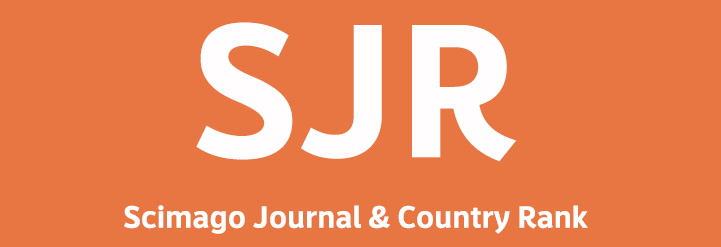THE EXTRACTION OF OIL FROM Nannochloropsis sp. MICROALGAE USING ULTRASONIC AND FERMENTATION AS CELL DISRUPTION
DOI:
https://doi.org/10.29017/SCOG.37.1.626Keywords:
dillute acid, fermentation, lipid extraction, Nannochloropsis sp., ultrasonicAbstract
Algae are a promising source of biofuel but claims about their lipid content can be ambiguous because
extraction methods vary and lipid quantitation often does not distinguish between particular lipid classes.
One of algae types that meet this condition is Nannochloropsis sp. Two different cell disruption methods,i.e
ultrasonic and fermentation followed by maceration extraction using a mixture of ethanol/hexane (1:1, v/v)
as a solvent extraction were studied for their effectiveness in extraction of algae lipids from Nannochloropsis
sp. Contact time and amplitude were varied in ultrasonic process. Hydrolysis treatment was varied in
fermentation process, i.e Dillute Acid Pretreatment (DAP) hydrolysis, enzymatic hydrolysis and DAP with
enzymatic hydrolysis. The result showed that ultrasonic process followed by maceration extraction was
more effective for Nannochloropsis sp. lipid extraction. The most ideal treatment was at amplitude 40%
and contact time 5 minutes with lipid content of 63.59% of dry weight.
Downloads
Published
Issue
Section
License
Copyright (c) 2022 SCIENTIFIC CONTRIBUTIONS OIL AND GAS (SCOG)

This work is licensed under a Creative Commons Attribution 4.0 International License.
Authors are free to Share — copy and redistribute the material in any medium or format for any purpose, even commercially Adapt — remix, transform, and build upon the material for any purpose, even commercially.
The licensor cannot revoke these freedoms as long as you follow the license terms, under the following terms Attribution — You must give appropriate credit , provide a link to the license, and indicate if changes were made . You may do so in any reasonable manner, but not in any way that suggests the licensor endorses you or your use.
No additional restrictions — You may not apply legal terms or technological measures that legally restrict others from doing anything the license permits.














